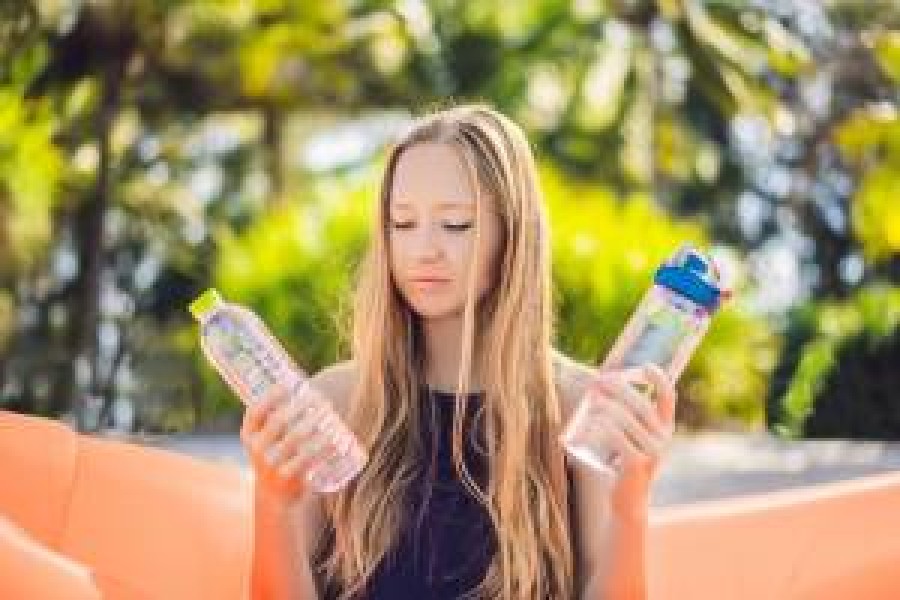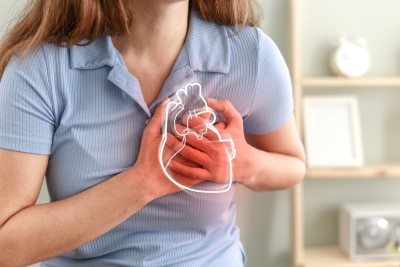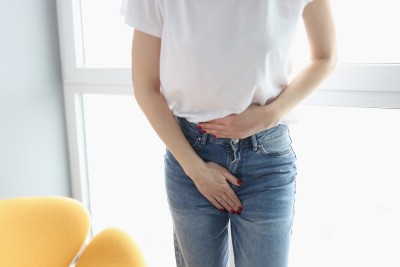Free shipping for orders over 39.00€
How to keep your high energy during summer with the help of electrolytes!

You don't have to be
an athlete to take advantage of your body's second-best ally – after water -
when temperatures rise dangerously in summer! Electrolytes are at your disposal
to maintain fluid balance, heart rate, proper functioning of muscles and nerve
cells. Pretty important functions, right?
What
are electrolytes?
Electrolytes are
electrically charged particles that, when dissolved in water, produce charged
ions that allow electric bodies to flow throughout the body. In essence,
electrolytes are involved in many basic needs of the body.
✅Transmit
communication messages from one cell to another
✅Contribute to the
creation of muscle contractions
✅Help maintain
hydration
✅Contribute to
regulating the physical effects of the body's pH.
Water, as much as it
helps keep body fluid levels stable, still doesn't contain a sufficient
quantity of electrolytes, to cover the losses suffered when there is intense
sweating. Electrolytes make water intake more efficient, as they help maintain
a healthy balance of body fluids.
As the human body
consists of water by 60% it is understood that a balanced
electrolytes system
supports the balance of the body.
That is why it is
necessary to consume electrolytes either through diet or through hydration
supplements.
Loss of electrolytes
can cause a series of symptoms, including dizziness, muscle weakness, decreased
urine production, dark urine, fatigue, nausea, irregular heartbeat, dry mouth,
breathing difficulties, stiff joints, and dry skin. In rare cases, a major
electrolyte disturbance can even lead to death!
Electrolytes are known
to all of us as sodium, potassium, magnesium, and calcium.
Sodium: hydrates, helps maintain fluid balance, and
protects against dehydration and cramps. In the summer, intense sweating can
lead to dehydration and the loss of important electrolytes. Foods that contain
sodium are cheeses, peanut butter, salty light meals, and chocolate milk.
Potassium: breaks down and metabolizes carbohydrates,
structures proteins, builds the muscular system, and maintains the balance of
acids in the body. When potassium is low, you may experience fatigue and
weakness. Potassium is found in bananas, oranges, sweet potatoes, green leafy
vegetables, and avocados.
Magnesium: is essential for muscles and nerves' proper
functioning, and also protects against high blood pressure. Magnesium helps the
body retain potassium. Whole grains, nuts, beans, lentils, and green leafy vegetables
contain magnesium.
Calcium: helps in good
muscle contraction, good nerve function, and maintaining the proper functioning
of the heart. Calcium is contained in dairy, eggs, raw unsalted nuts, dried
figs, small fish with bone, and tahini.
Who
needs electrolytes the most?
Athletes, babies with
gastroenteritis, the elderly, and those with kidney function problems have a
greater need for electrolytes. In particular:
Athletes
Intense exercise,
especially in summer, leads to increased sweating, that is, to the loss of a
significant amount of sodium but also potassium, calcium, and magnesium by the
body. Even the minimal loss of water by the body leads to a decrease in the
strength, speed, and concentration of the athlete.
Babies
Vomiting and diarrhea,
are two symptoms that should alert parents of the possibility of dehydration
which should be avoided by replacing lost electrolytes. When it comes to
babies, of course, there are special solutions that contain carbohydrates and
electrolytes in the right proportions. Sports drinks are not recommended for
babies.
Elderly
In old age, the
overconcentration (or the opposite) of sodium and potassium is a factor that
must be adjusted so that the elderly are not at risk of electrolyte imbalance.
People with kidney
malfunction
Kidneys are the main
regulators of maintaining a constant level of water and electrolytes in the
body. When kidneys malfunction, the electrolyte balance can change, causing
serious consequences for the body.
What
type of electrolytes to choose?
The type of
electrolytes to implement in your daily routine depends on the needs of each
person individually. Hydration supplements are available in the form of a drink
mixture, tablets, powders, or tablets and you can consume them before, during,
or after your workout.
Isotonic drinks: in this category, the drinks contain mineral
salts and ... sugar! Thus, blood glucose rises sharply and losses from the
burning of carbohydrates are covered. Isotonic drinks offer a balance in blood
glucose and in the components (sodium, potassium, magnesium) necessary for
muscle activity.
Hypotonic
solutions: this type is
preferred by endurance runners. They are diluted with water and have faster
assimilation by the body.






